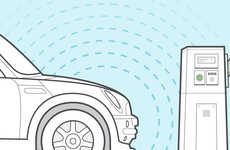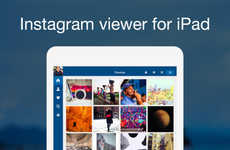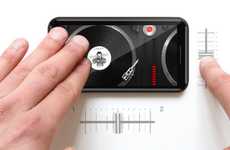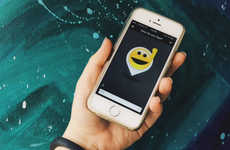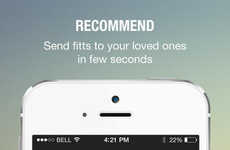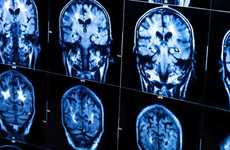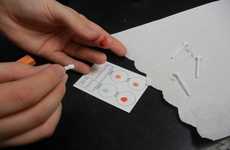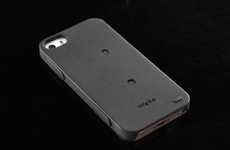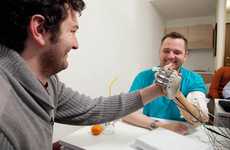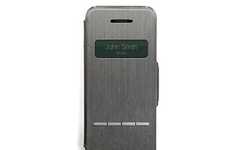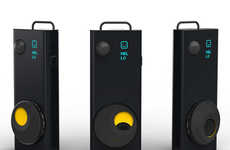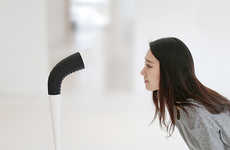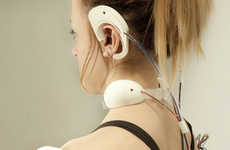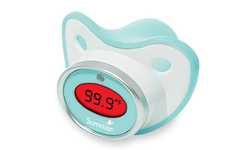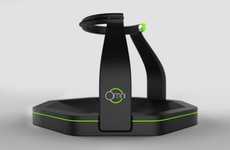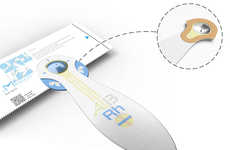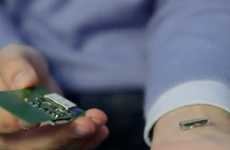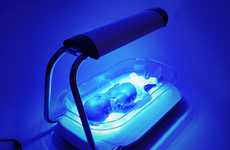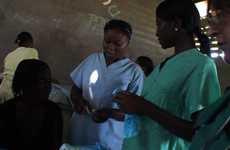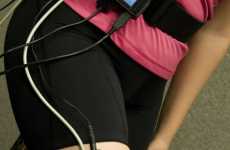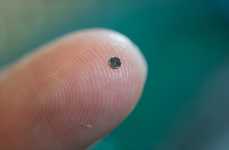
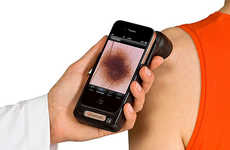
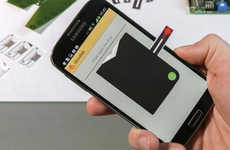
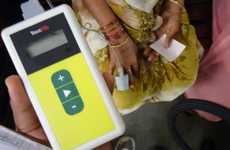
Seeking autonomy, patients turn to compact health apparatuses
Implications - While medical checkups and tests are often necessary for patient examination, reliance on nurses and practitioners can make individuals feel dependent on others. Helping to make medical experiences more self-efficient, consumers are turning to mobile testing devices to help scan or keep track of illnesses at their convenience. These medical innovations help give patients a sense of independence, despite their medical diagnosis.
Trend Themes
1. Self-efficient Medical Experiences - Consumers are turning to mobile testing devices to help scan or keep track of illnesses at their convenience, helping to give patients a sense of independence despite their medical diagnosis.
2. Smartphone Enabled Medical Testing - Swiss researchers have developed a portable blood test that relies on smartphone displays and capacitative touchscreens can be manipulated to conduct blood tests, creating a new pathway for mobile diagnosis.
3. App-based Cancer Diagnostics - Technology that allows users to take a photograph of an unusual looking piece of skin or mole and find out in seconds a diagnosis, proven to be 85% accurate, has disrupted the expensive skin cancer screenings offered by dermatologists and pathologists.
Industry Implications
1. Healthcare Technology - New testing devices and mobile diagnostics have transformed the traditional healthcare experience for patients, giving them greater control and autonomy.
2. Medical Imaging - Advancements in microchip and sensor technology have created a new pathway for doctors to take real-time images during surgeries and diagnosis, reducing the need for invasive surgeries.
3. Mobile Diagnostics - The rise of app-based diagnostic tools and smartphone-enabled medical testing has created new opportunities for healthcare providers to reach patients where they are, making testing more accessible and convenient for all.
